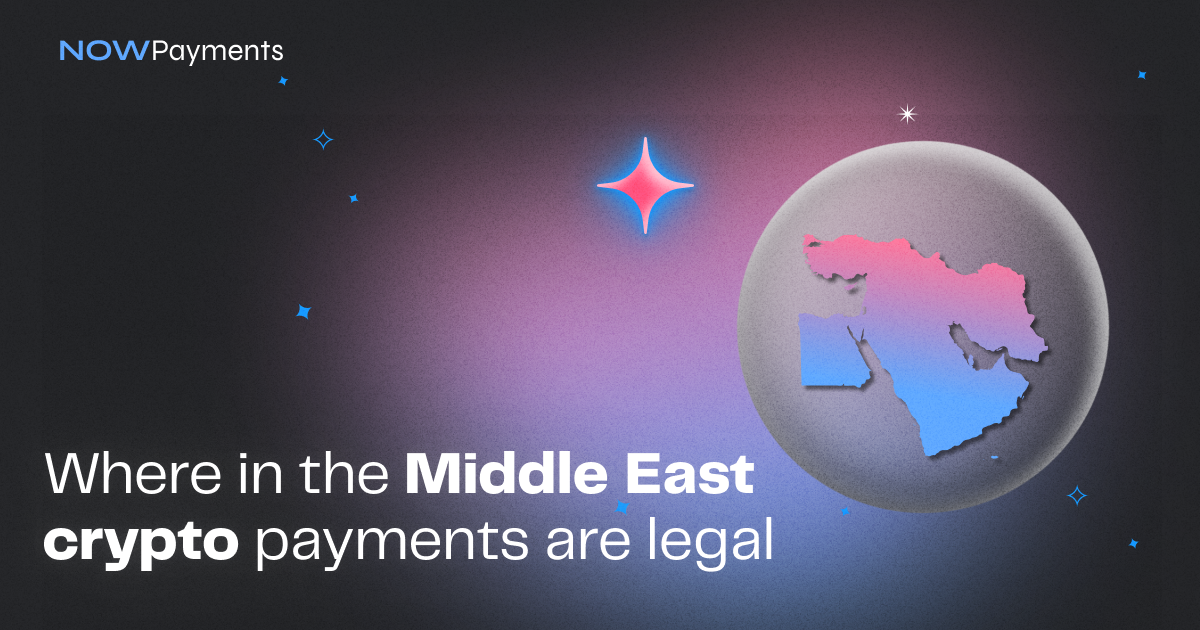Cryptocurrencies have exploded in terms of popularity on a global scale, and today, there are more people than ever before who are transferring cryptocurrencies from one cryptocurrency wallet to another.
However, many blockchain networks, on top of which these transactions occur are decentralized, or in other words, are not controlled by a central authority and are spread out by a group of nodes and miners on a global scale, which means that anyone, from any country, can technically complete a cryptocurrency transaction.
However, in what countries are these transactions legal, and why do countries make payments like these legal in the first place? Let’s dive in and go over everything you need to know.
Key Points:
- Cryptocurrencies have exploded in terms of popularity and are legal in more countries than ever before.
- There are numerous countries that allow their citizens to buy, sell or trade cryptocurrencies, but not all of them allow cryptocurrencies to be used for banking purposes.
- Crypto payments are made legal as a means of aiding countries in calculating taxes a lot more accurately and identifying money launderers.
- Through the usage of the NOWPayments gateway, you can enable cryptocurrency payments on your website with ease.
Why do countries make crypto payments legal?
The central banks, as well as the regulators of a nation, will generally be able to make the decision of what is legal tender within their economy.
This means that whatever form of value they deem fit to be legal tender can then be utilized to pay for goods at shops, taxes, and bills.
Within these countries that have made cryptocurrency payments legal, the goal is to embrace digital currencies and achieve better traceability and control of every unit of money within the economy, which will, long-term, aid them in calculating taxes a lot more accurately and identify money launderers, however, more importantly, also spot any accumulation of wealth, and come up with politics to keep it within their growing economies.
Countries rely on effective monetary policies as a key lever towards managing their economies, and they require a credible currency, as well as the ability to maneuver the policies around the currency throughout times of crisis.
Where are crypto payments in the Middle East Actually Legal?
- The United Arab Emirates
On February 13, 2018, Dubai gold trader Regal RA DMCC became the first company in the Middle East to get a license to trade cryptocurrencies.
The Central Bank of UAE has not licensed cryptocurrencies and does not recognize them as legal tenders. However, there are no prohibitions against crypto assets.
Furthermore, they can be traded on crypto exchange platforms. The UAE citizens can own cryptocurrencies, deposit them and trade them.
- Israel
In 2017, the Israeli Tax Authorities issued a statement where they said that Bitcoin (BTC), as well as other cryptocurrencies, do not fall under the legal definition of currency, and neither that of financial security but a taxable asset.
Every time a Bitcoin (BTC) gets sold, the seller needs to pay a capital gains tax of 25%. Miners, traders, and BTC are now treated as businesses and need to pay income tax, as well as charge a 17% VAT. This means that cryptocurrencies are legal in Israel.
- Saudi Arabia
The financial institutions are warned from using Bitcoin; however, using cryptocurrencies is legal for citizens. However, its dealers will not be guaranteed any protection or rights.
Cryptocurrencies are, however, legal in Saudi Arabia, and there are no restrictions on individuals purchasing or spending cryptocurrencies.
- Jordan
The government of Jordan issued a warning to discourage the use of Bitcoin as well as other similar systems.
However, cryptocurrencies are legal to use, but The Central Bank of Jordan prohibits banks, currency exchanges, financial companies, and payment service companies from dealing in cryptocurrencies. Cryptocurrencies are not legal tender but are accepted by small businesses and merchants.
- Lebanon
When we look at Lebanon, the government of Lebanon has issued a warning that discourages the use of Bitcoin as well as other similar systems.
However, the Lebanese laws do not prohibit the ownership, use, or trade of cryptocurrencies. This means that crypto is legal to own by the citizens of Lebanon.
How to accept crypto payments easily?
If you want to accept cryptocurrency payments easily, the procedure for doing so has never been simpler. In fact, all you have to do is utilize the crypto payments solution NOWPayments, which will allow you to set things up quickly and efficiently.
Follow each of these steps in order to complete the process:
- Create an account on the official NOWPayments website here.
- Provide your crypto address to begin the overall process.
- Generate your Application programming interface (API) key through the platform
- Once you have completed all of the steps above, you will be able to pick one of the many available tools to implement to enable crypto payments on your specific website or platform. You can easily check all of the available options by clicking here.
Conclusion
Hopefully, now you know everything you need to know surrounding where in the middle east crypto payments are actually legal. We have gone over each country in great detail, so you have the best perspective as to how all of it works.
NOWPayments is a cryptocurrency payment gateway that will allow any business to accept cryptocurrencies, including stablecoins, directly on their website. The procedure is fairly straightforward and will only take a few minutes to complete fully.
By opening cryptocurrencies as a payment option on your website, you will gain appeal to many cryptocurrency users and enthusiasts who would prefer to make payments through their usage in the Middle East.
Remember that cryptocurrency regulation can change over time, but for the time being, these are the countries where cryptocurrency is legal.

